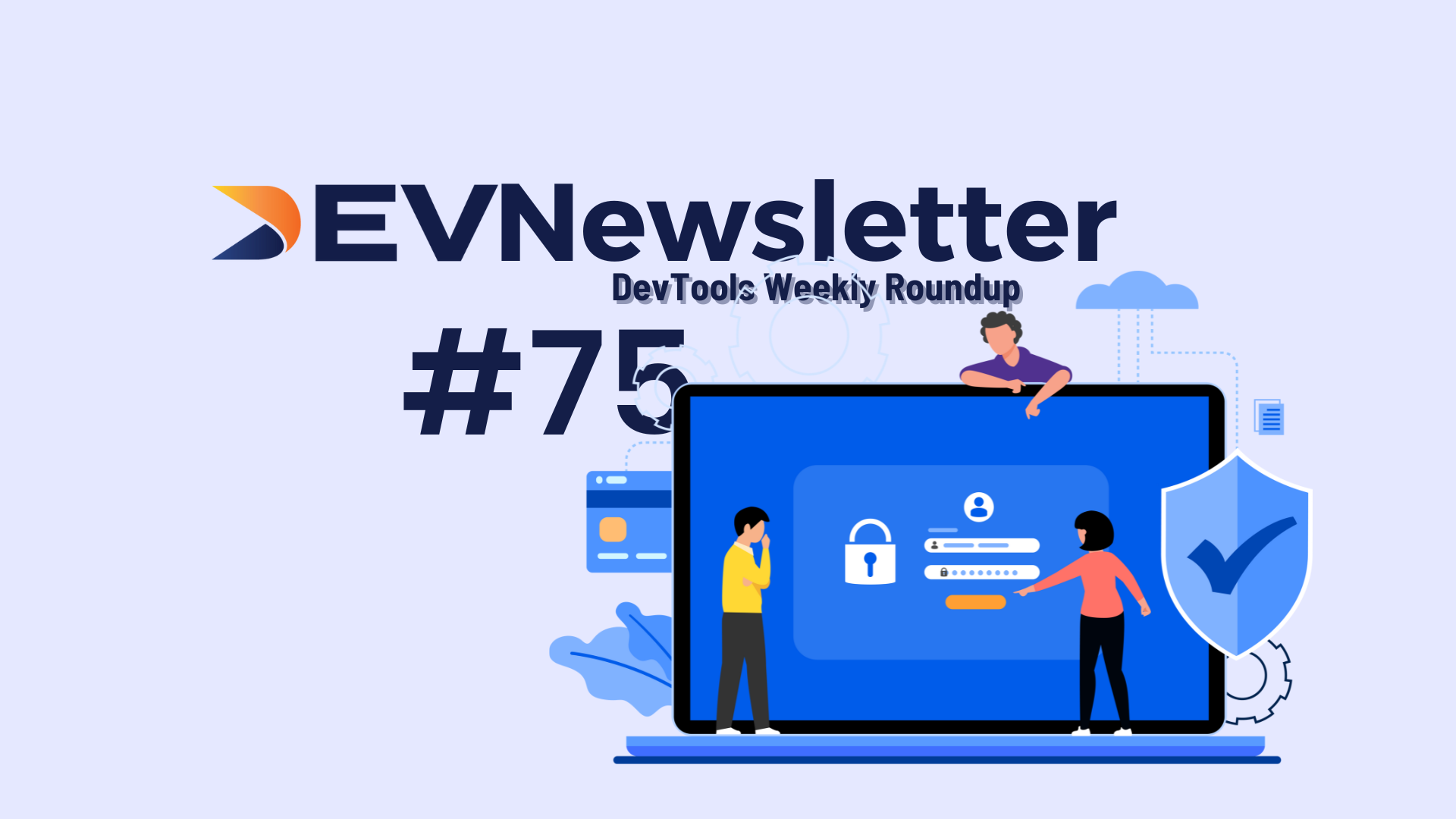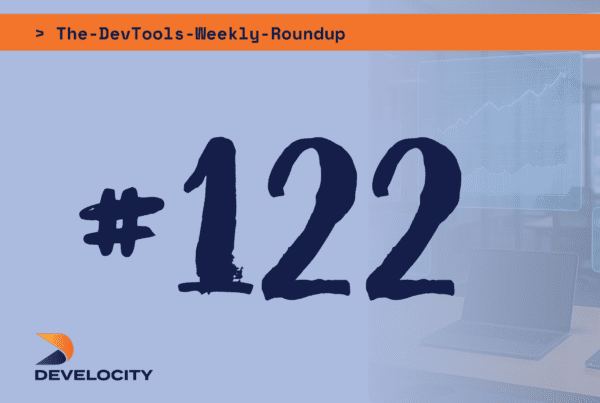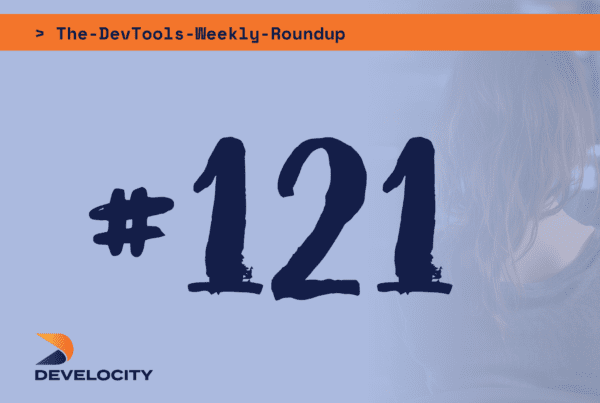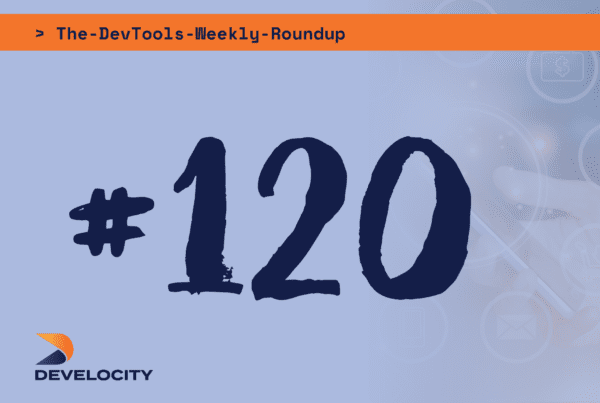With the EU AI Act kicking in this week, the spotlight is firmly on AI governance, observability, and control. Startups are doubling down on security, compliance, and making AI more predictable—whether through better oversight of open-source models, real-time risk detection, or refining automation to be more structured and reliable. The push isn’t just for more AI but for AI that enterprises can actually trust and scale responsibly.
🏆 Funding Wins
Analog Hits $21M in Total Funding to Drive Cross-Chain Innovation
Blockchain interoperability startup Analog has raised an additional $5M, bringing its total funding to $21M as it gears up for a public token sale. The company, which is pioneering a Proof of Time protocol to enable seamless cross-chain applications, received backing from Tribe Capital, Balaji Srinivasan, Wintermute, and Mask Network, among others. Originally incubated by Binance, Analog has attracted over 50 projects to its protocol, with its testnet amassing 345,000+ accounts. The fresh capital will accelerate the development of its General Message Passing (GMP) protocol and developer-centric tools, reinforcing its mission to simplify omnichain dapp creation. Congrats to the founding team; Victor Young and Sanchal Ranjan.
Observo AI Lands $15M to Transform Data Pipelines with AI
Observo AI, founded by Gurjeet A. Ricky S. Arora, has secured $15M in seed funding, led by Felicis and Lightspeed Venture Partners, to transform observability and security pipelines. Built to tackle data sprawl in the AI era, Observo AI’s agentic AI platform continuously refines data streams, reducing noise and improving threat detection. Enterprise customers like Bill, Informatica, and Harbor Freight Tools are already seeing 50%+ cost reductions and 40% faster incident resolutions. “Observo AI automates the data cleanup and highlights the insights that matter,” said Rinki Sethi, CISO at Bill. The funding will drive product expansion, including its AI assistant Orion, built for security and DevOps teams.
Read the whole story so far here for Observo AI.
ElevenLabs Secures $180M to Expand AI Voice Technology
AI voice technology leader ElevenLabs has raised $180M in Series C funding, tripling its valuation to $3.3B. The round was co-led by a16z and ICONIQ Growth, with participation from NEA, World Innovation Lab, and existing investors like Sequoia Capital and Salesforce Ventures. ElevenLabs’ AI-powered tools span speech generation, AI dubbing, and voice design and are used by 60%+ of Fortune 500 companies. “This funding moves us closer to a world where digital interactions happen by voice, fluid, natural, and as effortless as conversation,” said CEO Mati Staniszewski. The funding will drive AI research, safety, and expansion into new markets.
Congrats to the ElevenLabs team! Learn more about their mission here.
🚀 3, 2, 1… Launches
Vogent Lets Developers Build Smarter Voice AI Agents
Vogent has launched an all-in-one platform for building voice AI agents; no-code or developer-friendly. It comes packed with drag-and-drop conversational flow builders, IVR detection models, custom phone-ready LLMs, and more.
The team, led by Jagath V. and Vignesh Varadarajan, built Vogent after years of working with high-volume voice AI deployments. Now, they’ve turned their internal tooling into a self-serve platform, making voice AI more accessible than ever.
Start building voice AI agents with Vogent
Browser-Use (Cloud) Makes Web Automation Seamless
Three months ago, Gregor Žunič and Magnus Müller set out to make web automation easier for AI agents. Now, Browser Use (W25) (Cloud) is here—a hosted version of their open-source tool that lets developers create state-of-the-art web agents with just a few lines of code.
The platform tackles common automation headaches like proxy rotation, session persistence, and CAPTCHA solving, making it easier to build reliable web agents. With an API rolling out soon (if not already by the time you read this), developers can skip the wait for OpenAI’s Operator API and start integrating today.
Learn more about Browser Use Cloud.
Simplex Brings AI to Web Automation Without the Guesswork
Simplex, founded by Shreya Karpoor and Marco Nocito, is helping teams cut down on repetitive, manual web tasks with an API that automates workflows like extracting data from emails, scraping financial headlines, or filling out forms across hundreds of websites.
Unlike traditional AI agents, which can be unpredictable, Simplex ensures consistency by structuring workflows into precise, repeatable actions. Companies already use it for procurement automation, financial data aggregation, and large-scale information retrieval: saving time while reducing human error.
If you’re looking to simplify manual workflows, Simplex might be worth exploring.
KushoAI Makes Web UI Testing Smarter With AI
After helping over 11,000 engineers streamline API testing, KushoAI is tackling web UI testing. Writing Playwright scripts, debugging flaky tests, and covering all user paths? No longer a headache.
KushoAI’s new UI testing feature lets developers:
✅ Record user journeys with a browser extension
✅ Generate Playwright code automatically
✅ Auto-generate assertions to validate UI behavior
✅ Run and maintain tests with less flakiness
Keep up the great work Abhishek Saikia and team!
Show your support on Product Hunt!
Prompt Studio from Toolhouse Turns AI Agent Building Into a Breeze
Toolhouse has launched Prompt Studio, a platform where developers can create, test, and deploy AI agents with nothing but a prompt – no coding or infrastructure management required.
By automatically connecting agents to Toolhouse’s infrastructure and preloading them with useful tools, Prompt Studio removes the friction from agent development. Developers can refine their agents, test them in real-time, and even convert them into callable APIs with a single click. With free LLM token usage during the launch period, there’s never been a better time to experiment.
Find out more from their Lead Developer Advocate Aaishika S Bhattacharya on Product Hunt and give Prompt Studio a try here.
Endor Labs Tackles the Hidden Risks of Open-Source AI Models
Most companies rely on open-source AI models, but few have visibility into the risks they introduce. CEO, Varun Badhwar and the team at Endor Labs are bringing AI governance and control to their users.
Last week they launched AI Model Discovery, giving teams the ability to track, assess, and secure AI models embedded in their applications. The tool scans applications to identify AI models, flag potential security risks, and help organizations enforce policies—an increasingly crucial task as AI models become core dependencies. Integrated with Endor Labs’ existing platform, it ensures developers have the same level of oversight for AI models as they do for traditional open-source software.
Find out more about AI Model Discovery here.
Fiddler Guardrails Puts AI Models on a Tighter Leash
Following in a similar vein, Fiddler AI is also focused on mitigating AI risks. LLMs can be unpredictable, generating everything from hallucinations to security risks. Fiddler AI, founded by Krishna Gade and amit paka ☕️, has launched Fiddler Guardrails, a system designed to keep AI applications in check.
Guardrails analyzes prompts and responses in real-time, flagging risky outputs before they become a problem. It’s already processing millions of requests daily with sub-150ms latency, ensuring enterprises can enforce AI safety policies without slowing down performance. Built on Fiddler’s Trust Service, it helps teams maintain control over their AI systems at scale.
Discover how Guardrails keeps AI models accountable.
DeepSeek Challenges AI Giants with Cost-Effective Open-Source LLM
The news from DeepSeek AI needs no introduction, but as a newsletter for developer tool startups, we’d be remiss not to cover it. The Chinese AI firm sent shockwaves through the industry with the release of its R1 model; an open-source LLM that reportedly cost under $6 million to develop. That’s a fraction of the budgets OpenAI, Google, and others have poured into their models, raising serious questions about AI development costs and market dominance.
Within days, DeepSeek’s chatbot topped Apple’s App Store charts, U.S. tech stocks wobbled, and European AI founders started rethinking their strategies. With pricing that undercuts OpenAI and a fully open approach, DeepSeek is challenging the status quo in AI. Whether this marks a shift in market power or just a shake-up remains to be seen, but one thing is certain: AI competition just got a lot more intense.
🔦 DevTools of the Week
Credo AI Pioneers Responsible AI Governance for the Future
Founded in 2020 by Navrina Singh, Credo AI is leading the way in responsible AI governance. Based in Palo Ato, California, the company has built a platform that empowers enterprises to scale AI in a way that meets global compliance standards, like the EU AI Act, which came into effect yesterday (February 2, 2025).
With a mission to make AI safe, secure, and fair, Credo AI automates AI oversight and risk management to help organizations stay ahead of regulatory changes while still fostering innovation.
Their solution is transforming industries such as financial services, healthcare, and retail, providing the tools needed for organizations to unlock AI’s full potential – without compromising responsibility. And by partnering with organizations like Databricks and McKinsey they are showing that there’s an increasing demand for robust AI governance solutions while embracing the transformative power of AI.
Last year was a BIG one for Credo AI, not only were they named on Fast Company’s list of the World’s 50 Most Innovative Companies but they in July they raised $21 million. This funding will fuel their continued growth and ability to scale their platform to “empower organizations to responsibly build, adopt, procure, and use AI at scale.”
We also highly recommend giving CEO, Navrina Singh a follow on Linkedin. A recent post highlights some of the key themes to come out of the World Economic Forum Davos 2025, acknowledging the AI tools used to take notes and put the post together, but ends with “Davos 2025 made one thing clear: AI’s future depends on our ability to evolve alongside it—responsibly and with Governance and trust as our foundation.” 🙂
There is no more pertinent time than now to check out credo.ai.
Share your updates with our team, and we’ll be thrilled to feature them in an upcoming issue.
Have a great week ahead!
If you would like to contact us about a role you are looking to fill or are looking for your next role, please reach out here.



